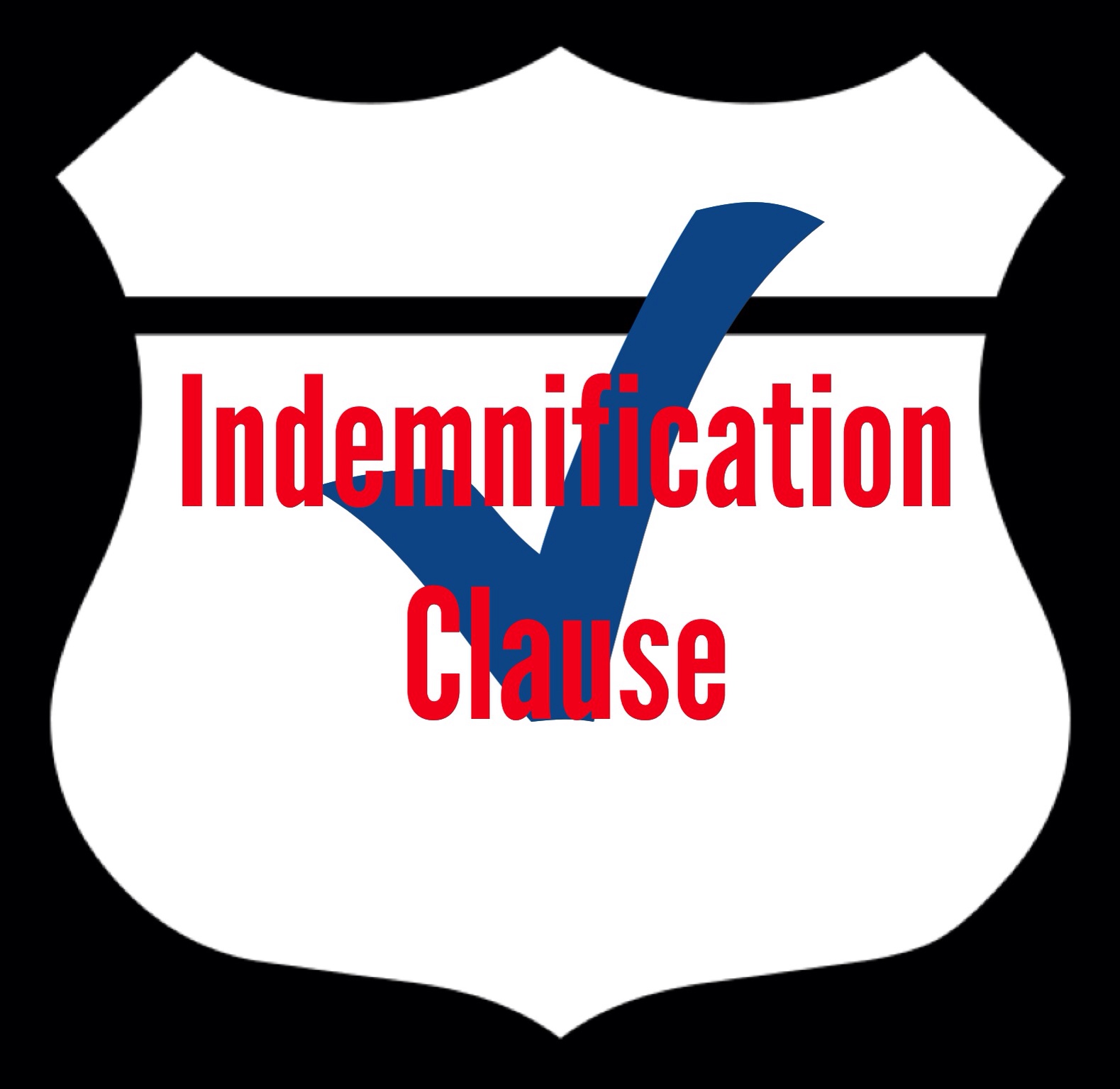Is your indemnification clause worth the paper it’s printed on?
Like the Representations and Warranties clauses, almost every entertainment industry contract contains an indemnification clause. Few laypersons really understand the concept of indemnification, much less the operation.
Unfortunately for many producers, writers and directors, the indemnification clause creates a false sense of security
What is an indemnification clause?
An indemnification clause protects a party to a contract from legal issues related to the party performing the contract.
In other words, if a party (the indemnitor) breaches one of its warranties or representations, it promises to defend and hold harmless the other party (the indemnitee) from and against any and all losses, claims, damages, etc. suffered as a result of the breach.
Basically, the indemnification clause makes every party an insurer. Indemnification clauses have been a feature of writing contracts for years. In practice, what this means is that the writer, author, or creator of literary material will be expected to defend any lawsuits against the producer, and/or reimburse the producer for any out-of-pocket losses, damage awards, etc. resulting from a breach.
Thus we might see a writer with barely two nickels to rub together promising to protect giant movie studios and publishing companies against not just court judgments, but against the skyrocketing cost of defending even frivolous lawsuits.
What if the indemnitor is insolvent?
The obvious question is: “What good is having an indemnification clause, if the person who's supposed to indemnify me can't afford to do so?”
Sadly, the answer is what you'd expect. It may not be of any value at all. Unless the indemnitor has an insurance policy to cover such things, or property and other assets sufficient to cover things, it's unlikely the indemnification clause will be of much use. Producers should always carry their own insurance, to address this very eventuality. And, others can insis on being named as additionl insureds on such policies. Of course, it's possible the indemnitor will receive a windfall, or realize tremendous success at some point, so it's better to have the clause than not, but counting on it is folly, plain and simple.
Is the indemnification clause negotiable?
Sometimes, it is possible to negotiate the language of the indemnification clause to limit its scope somewhat. For example, where a producer is adding material or having other writers work on the material as well, the scope of indemnity should be limited to the indemnitor's own work only. And, it's often possible to limit the coverage to claims that are “actually adjudicated”, and not to settlements entered into voluntarily by the indemnitee.
But, as with all negotiations, success will depend on the parties' relative bargaining power.
At the very least, indemnification should flow both ways in a deal. That is, the parties should indemnify each other against problems that arise from their own errors, omissions, or wrongdoing.
Conclusion
The indemnification clause is a part of every agreement that shouldn't be taken lightly. It's important to read and understand your entertainment business contracts, and to negotiate the language to best serve your purposes. Your entertainment lawyer can help.





